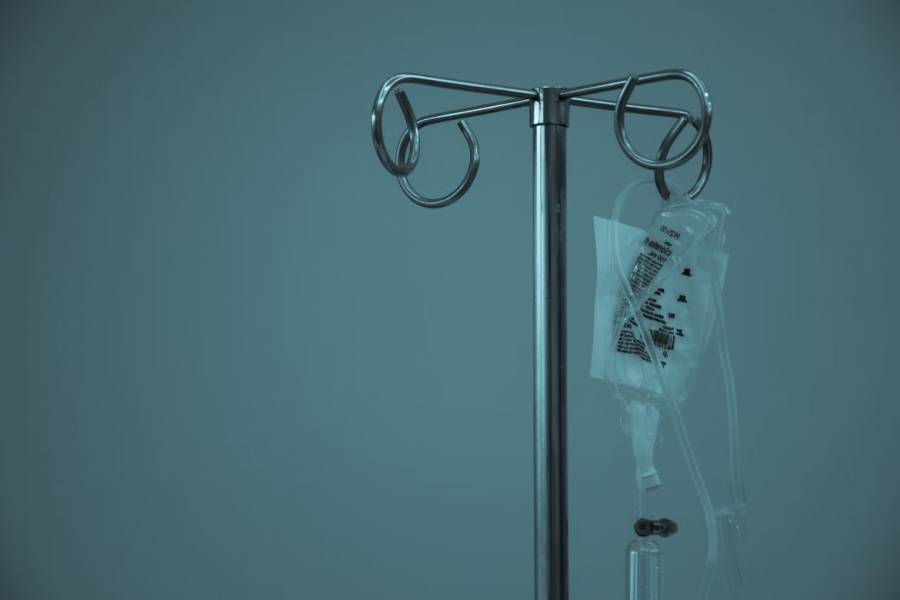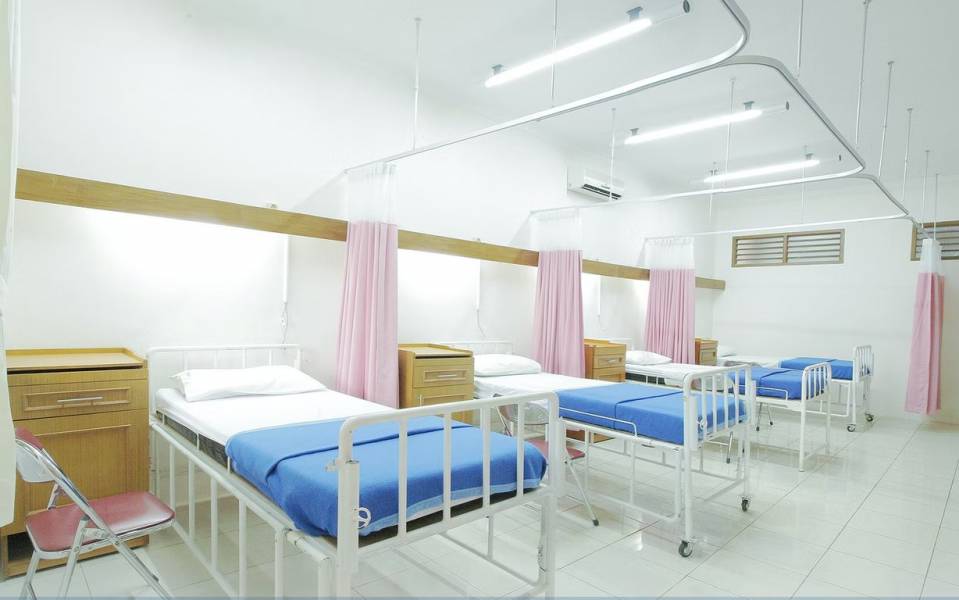Hospitals are meant to be safe places for people to get treatment for their illnesses and injuries. However, sometimes things go wrong and patients are injured as a result. In order to help prevent these accidents from happening, hospitals should introduce certain safety measures. In this blog post, we will talk about some of the safety measures that hospitals should implement in order to protect their patients.
 1. Patients should be given ID bracelets
1. Patients should be given ID bracelets
Patients in hospitals should be given ID bracelets that contain their name, date of birth, and medical information. This will help staff to identify each patient and make sure that they are receiving the correct treatment. In addition, the ID bracelet will alert staff if a patient is leaving the premises without being discharged. This is important as it can help to prevent patients from wandering off and getting lost in the hospital, especially if they’re suffering from dementia or if there is a chance of them getting infected in another ward.
ID bracelets will also help to identify any visitors who are not supposed to be on the premises. This is important as it can help to prevent theft and other crimes from happening within the hospital. Introducing ID bracelets for patients and visitors will help to make the hospital a safer place for everyone.
2. Improve indoor air quality
The air quality in hospitals is very important as it can impact the health of both patients and staff. There are a number of ways to improve the air quality in hospitals, such as using HEPA filters and investing in an energy-efficient HVAC system. Also, installing vape sensors is great to ensure that nobody is violating the rules and smoking inside the hospital. In addition, hospital staff should make sure that the windows are open on a regular basis to allow fresh air to circulate.
Introducing these measures will help to improve the air quality in hospitals and make them safer for everyone.
3. Stricter visitor policies
Hospitals should introduce stricter visitor policies in order to help protect their patients. Visitors should be required to show ID and sign in at the front desk. They should also be given a visitor badge that must be worn at all times. In addition, visitors should only be allowed to visit during certain hours and they should not be able to stay overnight.
Introducing these measures will help to reduce the number of people who have access to patients and make the hospital a safer place. For instance, limiting the number of visitors will help to reduce the chances of patients becoming infected with a hospital-acquired infection.
4. Improved security
Hospitals should improve their security in order to protect both patients and staff. Security guards should be stationed at all entrances and exits, and they should perform regular patrols of the premises. In addition, CCTV cameras should be installed throughout the hospital. These measures will help to deter criminals from targeting the hospital and make it easier to catch them if they do.
Also, hospitals should also consider introducing security measures such as metal detectors and bag checks. This will help to prevent weapons and other dangerous items from being brought into the hospital, however rare this occurrence may be.
5. Improved training for staff
All hospital staff should receive regular training on how to deal with different situations. For instance, they should be trained on how to handle fires, medical emergencies, and security breaches. In addition, they should be given regular refresher courses on infection control and safety procedures. By ensuring that all staff is properly trained, hospitals can help to make their premises safer for everyone. For instance, if a fire broke out, all staff would know what to do in order to evacuate the building safely.
6. Better signage
Hospitals should invest in better signage in order to help patients and visitors navigate their way around the building. The signs should be clear and easy to read, and they should be placed in strategic locations. In addition, hospitals should consider introducing interactive maps that can be accessed on patients’ phones or tablets. This will help to make it easier for people to find their way around the hospital and reduce the chances of them getting lost.
 Hospitals should consider introducing the above safety measures in order to help protect their patients and staff. By implementing these measures, hospitals can make their premises a safer place for everyone. Hopefully, other hospitals will follow these tips and introduce similar measures to help improve safety.
Hospitals should consider introducing the above safety measures in order to help protect their patients and staff. By implementing these measures, hospitals can make their premises a safer place for everyone. Hopefully, other hospitals will follow these tips and introduce similar measures to help improve safety.
Thank you for reading! Hopefully, this article was helpful!

Founder Dinis Guarda
IntelligentHQ Your New Business Network.
IntelligentHQ is a Business network and an expert source for finance, capital markets and intelligence for thousands of global business professionals, startups, and companies.
We exist at the point of intersection between technology, social media, finance and innovation.
IntelligentHQ leverages innovation and scale of social digital technology, analytics, news, and distribution to create an unparalleled, full digital medium and social business networks spectrum.
IntelligentHQ is working hard, to become a trusted, and indispensable source of business news and analytics, within financial services and its associated supply chains and ecosystems






























